Bob Dylan Honored At Nobel Prize Banquet Despite Absence
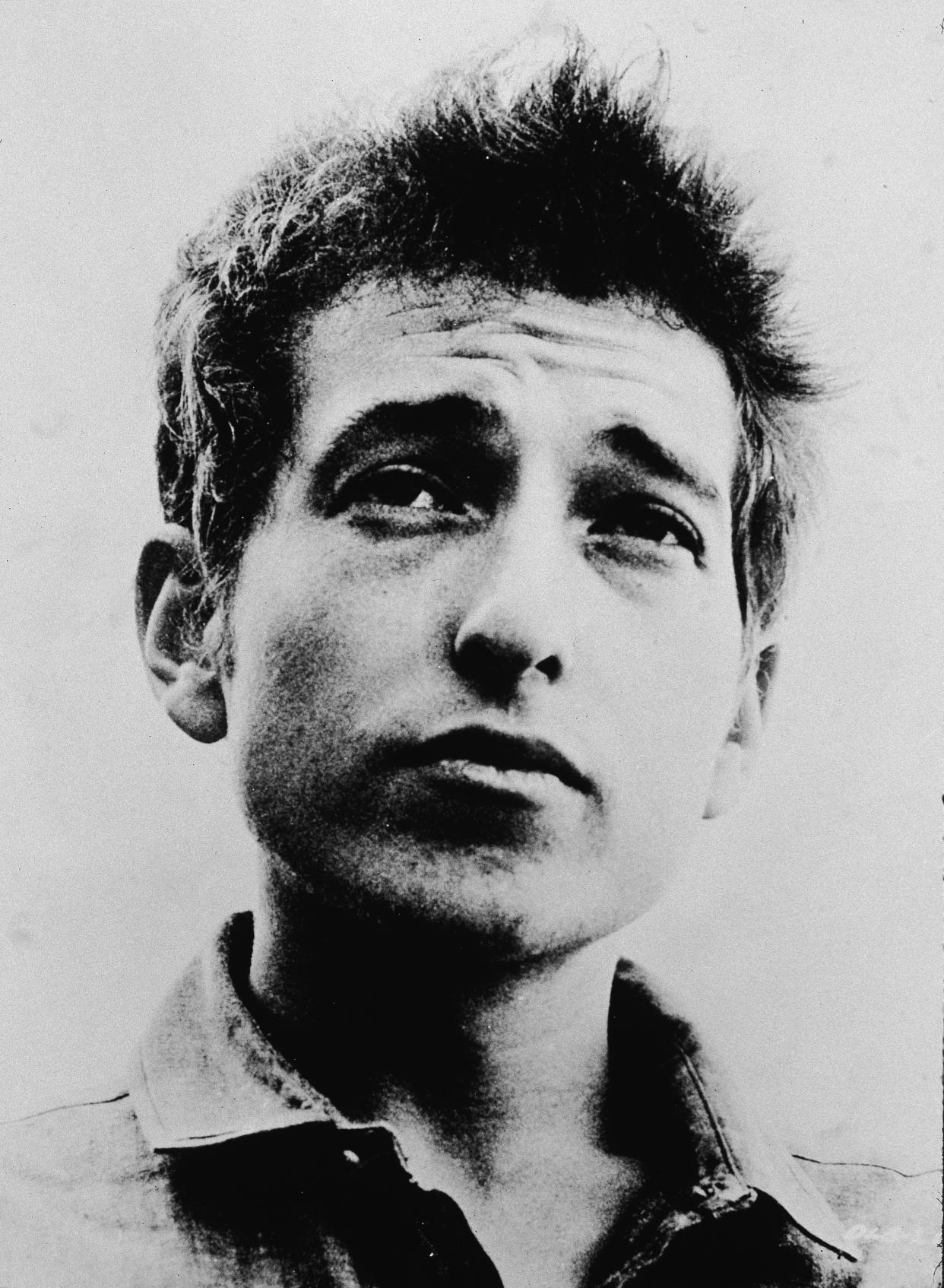
The times, they are a changin’.
When word of Bob Dylan’s Nobel Prize triumph caught wind, the literary world broke into heated, divisive debate. Does a songwriter deserve the recognition ― and money ― typically reserved for poets and novelists?
Just as dissenters began to accept the unexpected choice, Dylan stirred the pot. He declined to comment on ― or even accept ― the prize until two weeks after its announcement. Then, last month, the Swedish Academy announced that he would not attend the ceremony, “due to pre-existing commitments.”
The Academy noted in the same announcement that past winners — including writer Doris Lessing — have been unable to claim their prize at the ceremony.
So, diehard Dylan fans had no speech-in-song-form to anticipate, at least not one sung by Dylan himself. Dylan said he would write a “speech of thanks” to be presented at the banquet. Instead, Professor Horace Engdahl, a Swedish literary historian and critic, presented the award and delivered his own remarks.
“By means of his oeuvre, Bob Dylan has changed our idea of what poetry can be and how it can work,” Engdahl said. [You can read a full transcript of the speech here.]
Patti Smith attended the ceremony, and performed a cover of “A Hard Rain’s A-Gonna Fall,” as tribute to Dylan. Smith was asked to perform before Dylan’s win was announced; she’d planned to play one of her own songs, but switched gears when Dylan, who influenced her own work, was awarded the prize.
“I have been following him since I was a teenager, half a century to be exact,” Smith said in an interview with Rolling Stone.
Smith stumbled at one point during the performance, forgetting the lyric: “I saw a black branch with blood that kept drippin’.” The singer apologized, explaining that she was nervous, and finished out the song.
Perhaps one day, Smith will attend under different circumstances, as a musician-turned-literary influencer herself. For now, though, she sings Dylan’s words, chillingly apt for America’s current political climate.
“I saw ten thousand talkers whose tongues were all broken,” she sang, highlighting the importance of words that can carry weight, and inspire change.
Also on HuffPost
Selma Lagerlöf
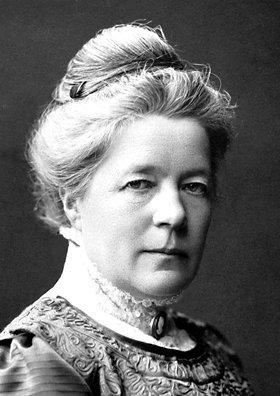
Rabindranath Tagore
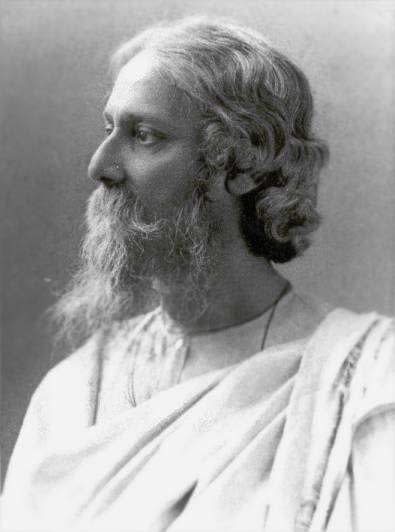
William Butler Yeats
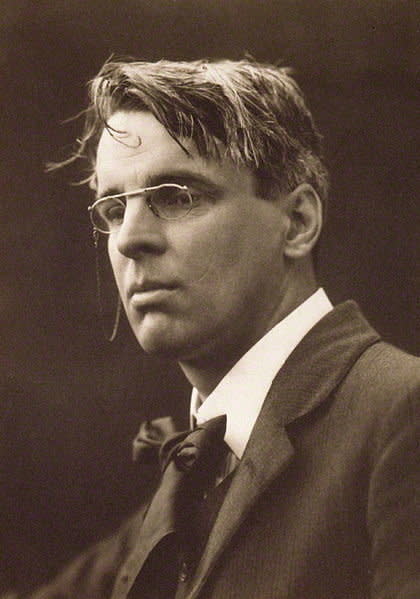
George Bernard Shaw
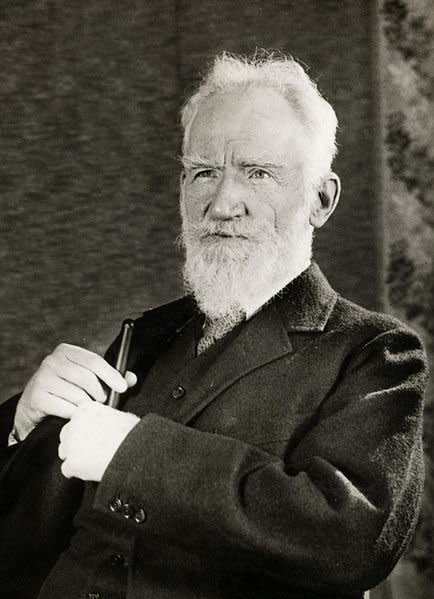
T. S. Eliot
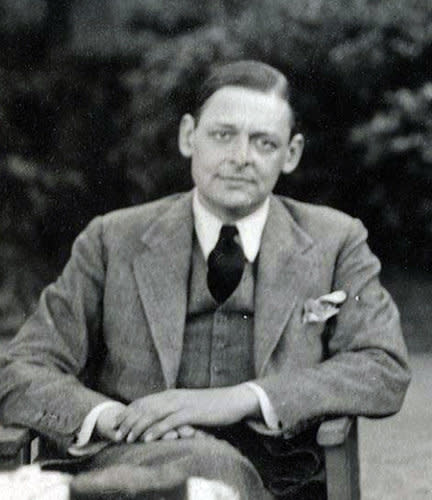
Ernest Hemingway
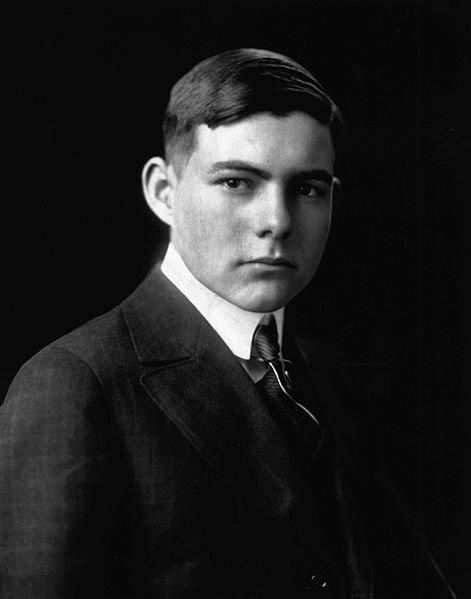
Pablo Neruda
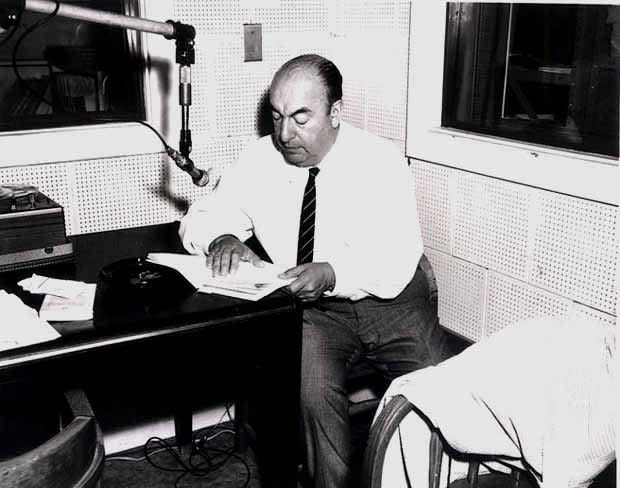
Gabriel García Márquez
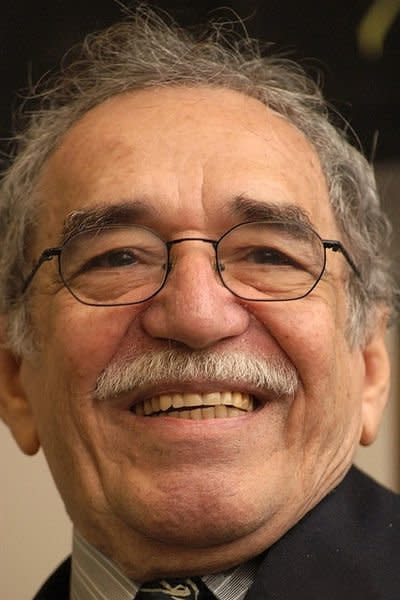
Naguib Mahfouz
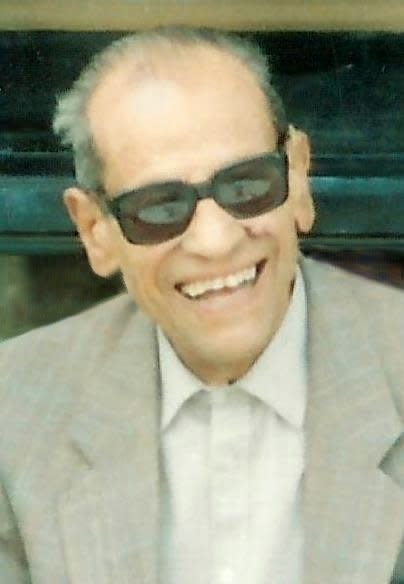
Nadine Gordimer
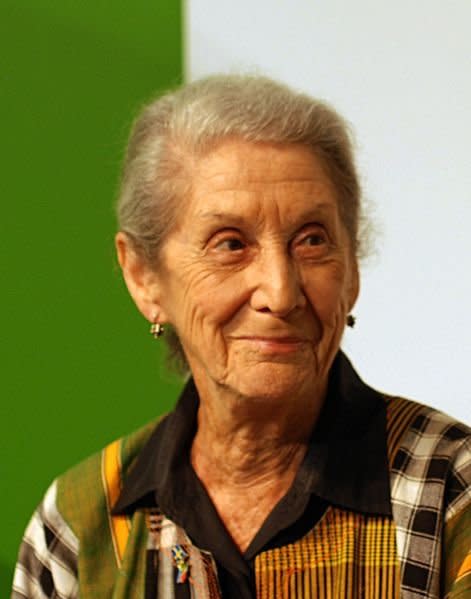
Orhan Pamuk
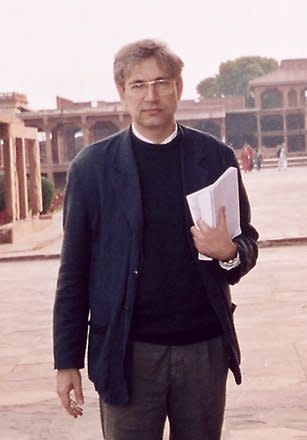
Doris Lessing
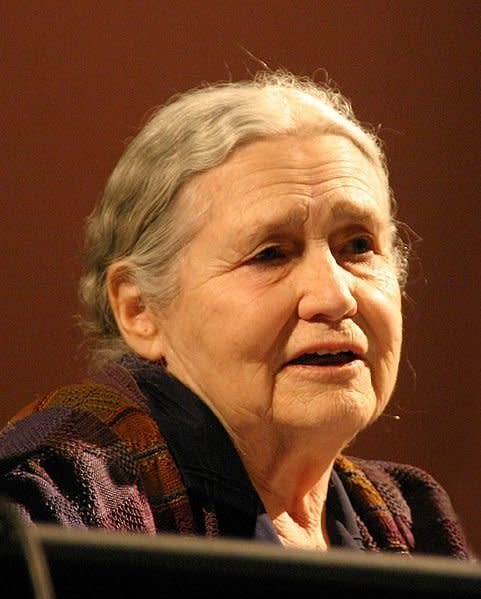
Tomas Tranströmer
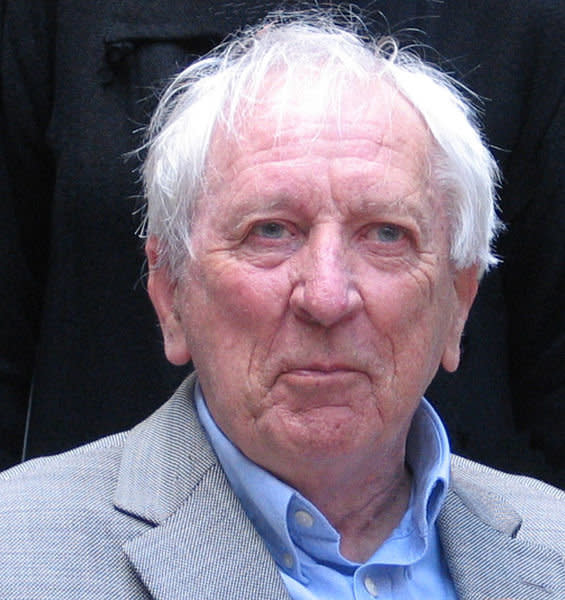
Love HuffPost? Become a founding member of HuffPost Plus today.
This article originally appeared on HuffPost.

